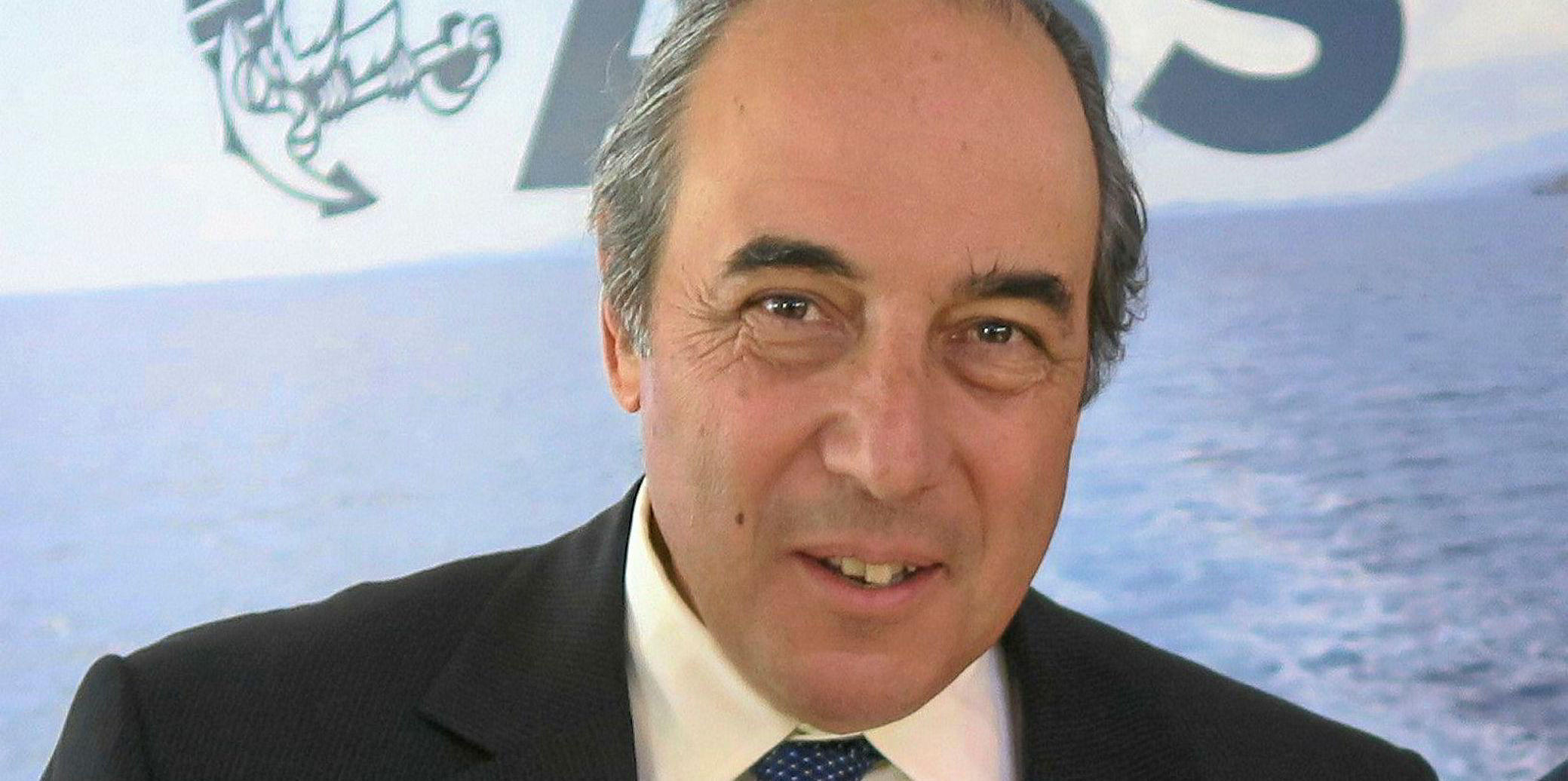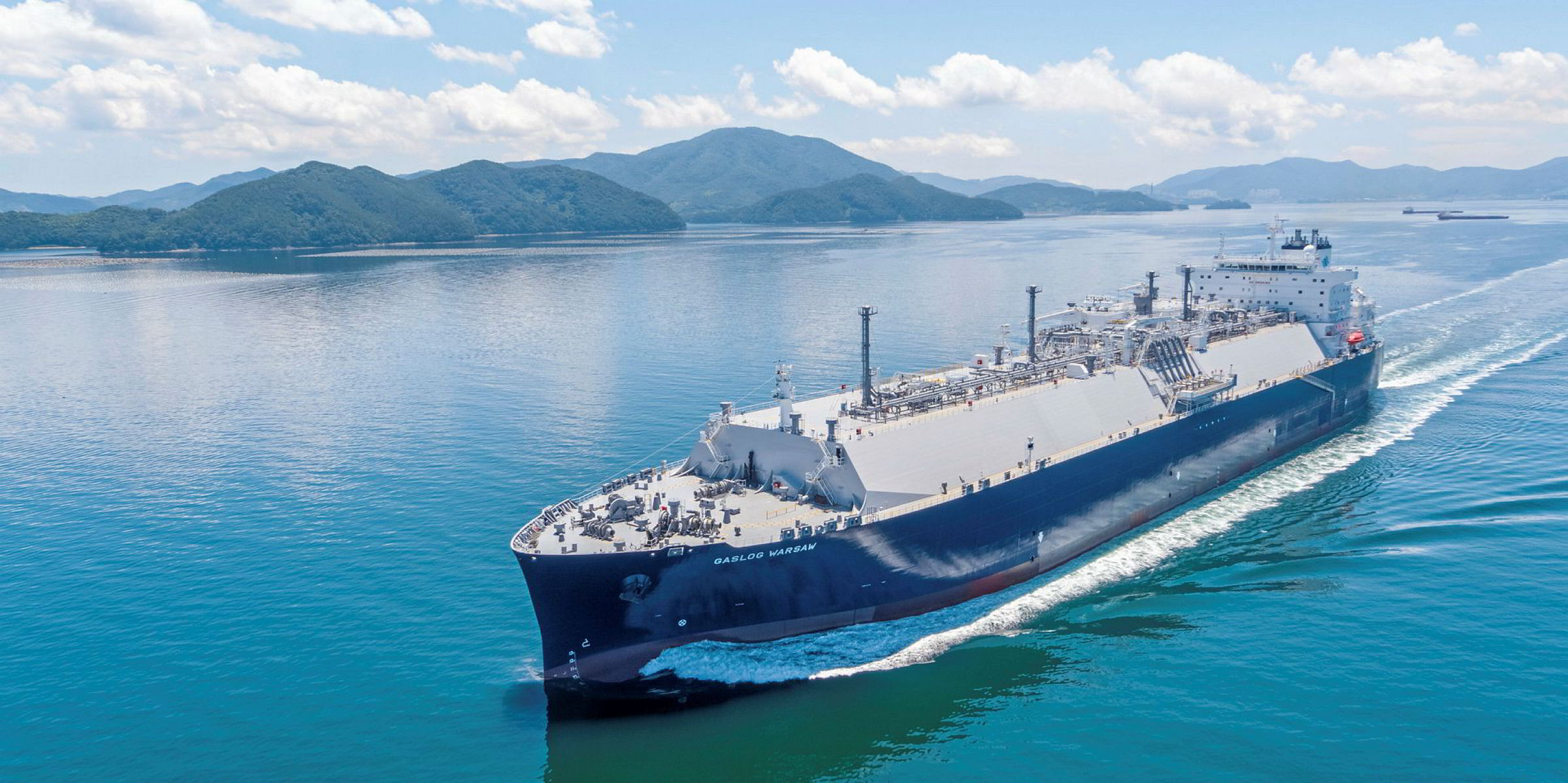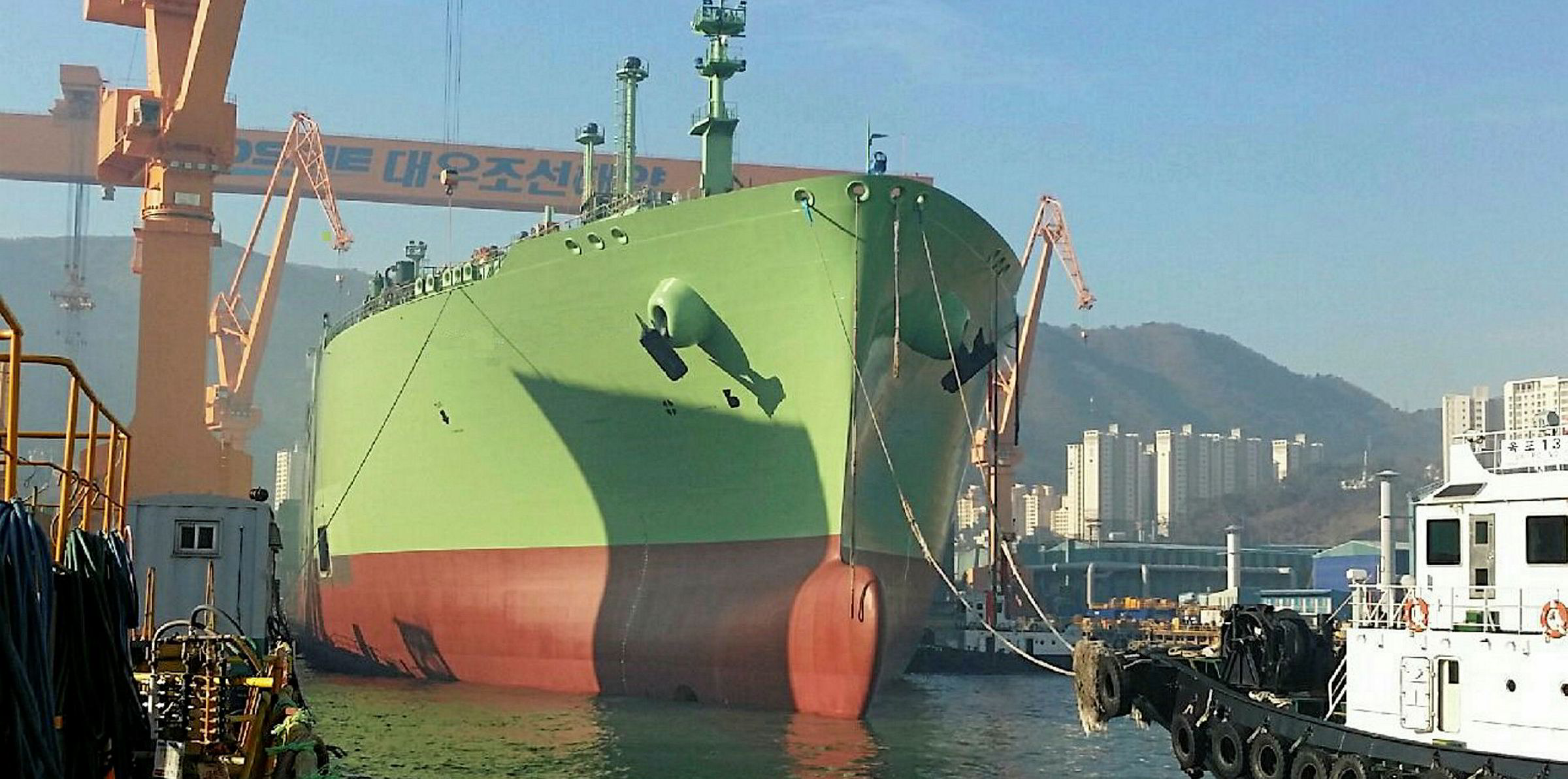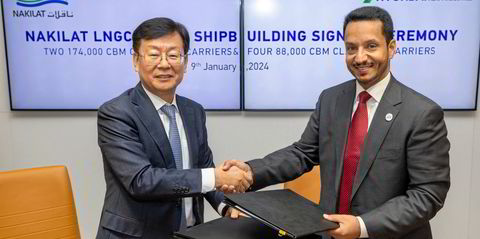Peter Livanos-controlled GasLog expects LNG newbuilding prices to head upwards as more product comes online two major shipyards merge but says over 100 more vessels will be needed in the next five years.
Speaking at its London International Shipping Week event onboard the historic vessel Wellington, business development manager Matthew Higgs told invited guests, who included chairman Peter Livanos, that the company’s expectation is for newbuilding prices to keep rising, mainly driven to the wave of LNG arriving in next five years.
Higgs pointed to the projects which had taken final investment decisions taken this year.
“We think this is going to create a shipping demand of between 230-300 vessels in the next five years,” he said, clarifying that this estimate includes the newbuildings currently on order and depends on the vessel multiplier used.
He said the expected takeover of South Korean shipbuilder DSME by Hyundai Heavy Industries would likely be another price rise driver, which will potentially reduce competitive pricing.
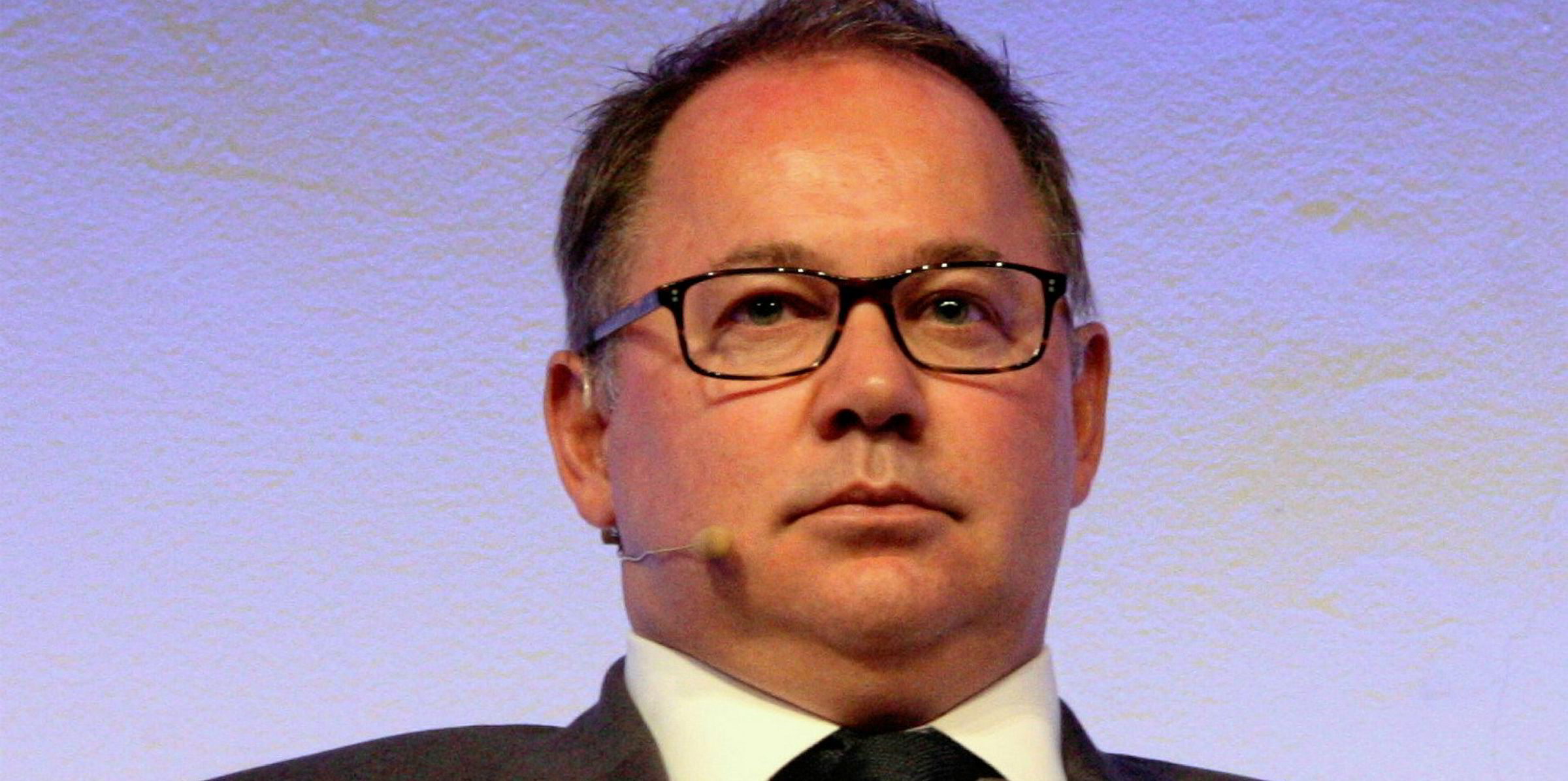
Higgs said the market has been in a relatively low-cost environment for LNG carrier shipbuilding with prices.
He said yards see the new wave of LNG coming and see an opportunity and a justification to increase their prices. “I think we will continue to see that over the next five years.”
Looking further ahead, Higgs added that GasLog takes the view that a life of an LNG carrier is around 35 years.
He said if the IMO’s 2050 emissions targets comes into force on schedule then it will reduce the useful life of the vessels built today, which will in turn will push up the cost of financing and have an implicit effect on charter rates.
“It’s a long way off but probably something we need to think about today,” he said.
Echoing this Livanos told TradeWinds: "There is an environmental push that is going to trigger residual value risk."
That risk will mean vessels will have to be brought forward so vessels will need to be scrapped earlier, the chairman said. "This means the useful life of the asset is going to be less than its technical useful life and that is going to have a financial consideration on the new projects."
